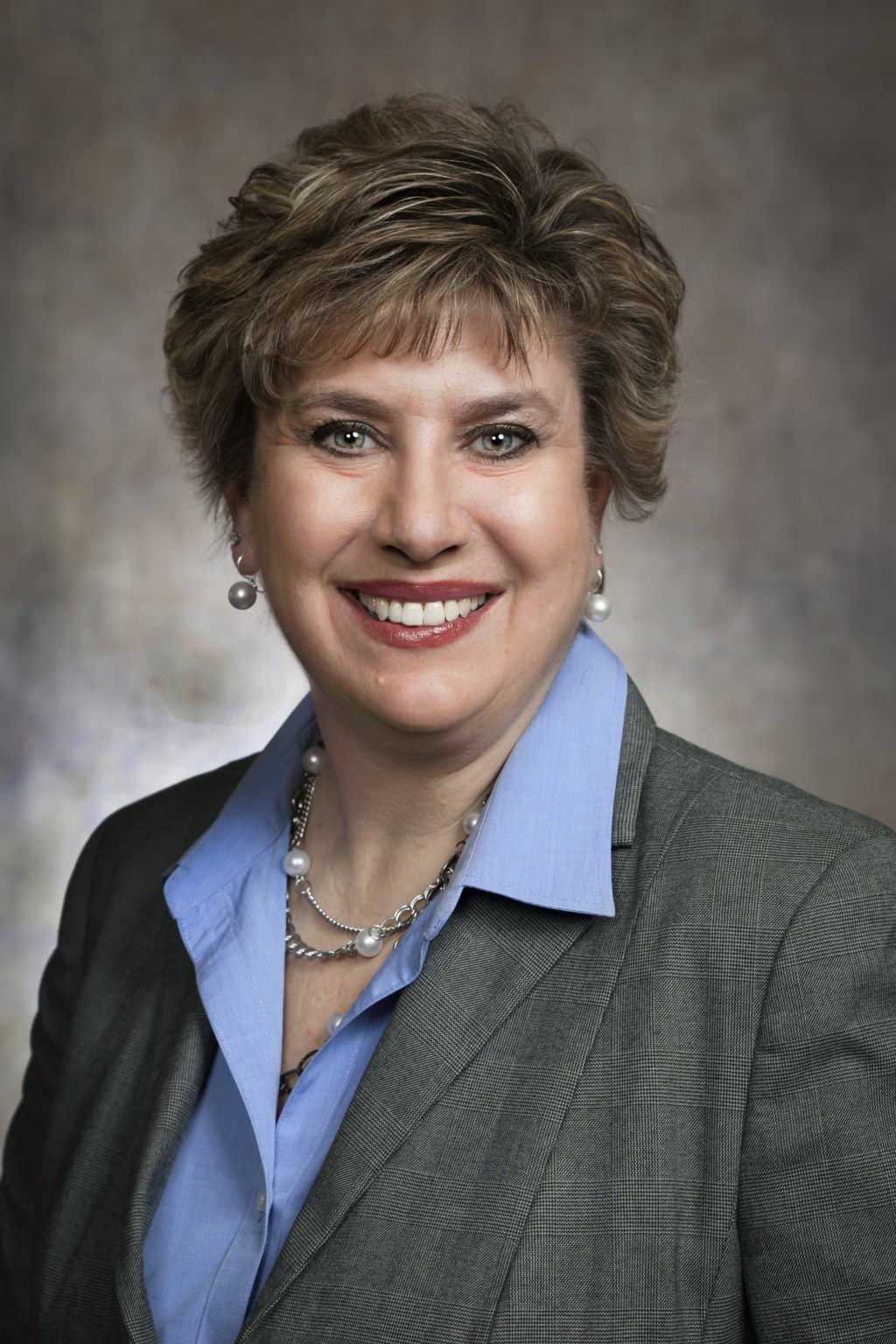Badger State ranks dead last in Midwest job growth
Wisconsin job creation slowed by absentee Governor and GOP budget deficit
MADISON – According to the latest economic data from the U.S. Bureau of Labor Statistics, Wisconsin continues to trail the nation when it comes to job creation. Under Republican control, Wisconsin ranks dead last in the Midwest for job creation, dead last for new business start-ups and dead last in middle class growth.
Senate Democratic Leader Jennifer Shilling released the following statement regarding these disappointing results and the economic inaction by majority party leaders:
“The Republican plan to cut more from our local schools, limit access to affordable health care and delay construction projects will only compound Wisconsin’s problems. We need a budget that invests in education, worker training and local infrastructure. Democrats continue to put forward commonsense plans that invest in our state and grow Wisconsin’s middle class. It’s time for legislative Republicans to stop selling out our state to advance Gov. Walker’s presidential ambitions.”
NOTE: This press release was submitted to Urban Milwaukee and was not written by an Urban Milwaukee writer. While it is believed to be reliable, Urban Milwaukee does not guarantee its accuracy or completeness.
Mentioned in This Press Release
Recent Press Releases by State Sen. Jennifer Shilling
Shilling Will Not Seek Re-election
Apr 2nd, 2020 by State Sen. Jennifer ShillingAfter 20 years of service, Democratic Leader looks to chart a new course























I know it’s a press release, so you don’t format the links, but I strongly dislike when the only links go to useless pages on UrbanMilwaukee. As I understood the numbers, Wisconsin was actually ahead of the Midwest and national average in manufacturing job growth and technical job growth, but way behind on food service and retail. Aren’t those the jobs people keep saying we don’t need?
I believe you are correct Kyle. From today’s paper:
Not all jobs are created equal, however, and a Journal Sentinel analysis of the data shows that while Wisconsin lagged the nation on low-skill, low-pay jobs, it more than held its own on jobs with medium-wage paychecks.
In manufacturing, the state’s largest single employment sector, Wisconsin added 6.3% to its job total during the four-year period (average weekly wage: $1,112) compared to a 5.9% gain for the nation (average wage: $1,268).
Also, in a composite sector of information technology, engineering and bioscience jobs compiled by the Journal Sentinel, the state added 8.1% to its total (average weekly wage: $1,190) compared to 7.0% nationally ($1,810).
In the generally low-paying sector of leisure and hospitality — which includes fast-food workers, cashiers, wait staff, baristas and hotel workers — Wisconsin added 4.3% (paying $319 a week) while the U.S. added 12.8% ($438).
@Kyle I removed the link to the Bureau of Labor Statistics page from the release as you’re right that’s link isn’t useful.
PMD and Kyle-Did you both notice the weekly pay difference. The extra pay in other states can be an indication of disposable income that can lead to more spending on goods that will increase manufacturing and other jobs. It can result in fewer low income people needing assistance from the state. Also the extra income can result in higher tax revenue that can be used to repair and improve infrastructure, and education.
Mike, I did notice that. The trouble is, without any cost of living information it doesn’t mean very much. Wisconsin has close to the median cost of living when ranked by state, but this information seems to be per person, so high population (and cost) states like California would weigh more heavily on the average. But I’d rather be ahead in job growth for the $1000+ a week jobs and behind in growth for the $300-$450 a week jobs (where minimum wage probably plays a significant role in this number).
And yes, more pay can equal more taxes and public spending. It can also equal higher consumer costs and inflation. There just isn’t enough information in these numbers to start a more-pay-for-everyone discussion.